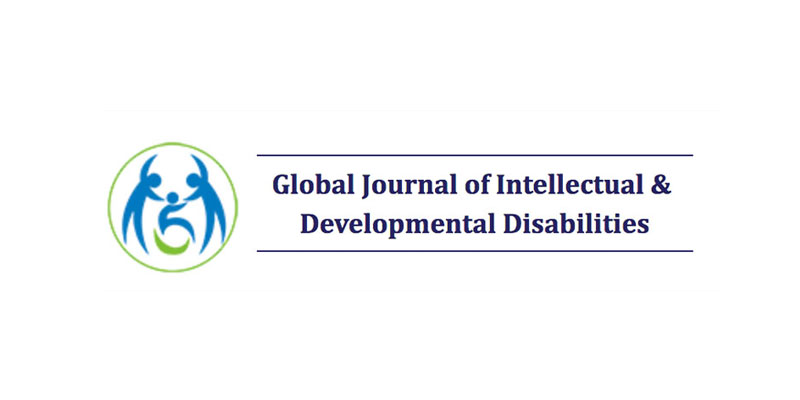Beyond the Surface of Consumer-Staff Relationships. Brown, J.B., Hamilton-Mason, J., Maramaldi, P., & Barnhill, L.J. (2018). Global Journal of Intellectual & Developmental Disabilities, 4(4), 1-6.
Abstract
The perspectives of individuals diagnosed with an intellectual disability and mental illness who demonstrate challenging behaviors are underrepresented in the literature. The goal of this study was to explore the perspectives of consumers with a dual-diagnosis on their relationships with staff. This qualitative constructivist grounded theory study included 30 individuals with mild or moderate intellectual disabilities, at least one co-occurring mental health diagnosis, and a history of challenging behaviors. Participants attended one of five 90-minute focus groups that addressed the topic of relationships; this analysis focused on disclosures that referenced consumer-staff relationships. Consumers appeared to experience positive consumer-staff relationship processes when staff relationships were supportive, close, fostered personal growth, included reciprocity, generosity, preferred traits, and helped the consumer engage in activities. Negative processes included staff exerting power differentials, being too directive, rushing or delaying, and invading privacy. In approximately half of descriptions of negative relationship processes, consumers described engaging in “synthesis processes” (i.e., adaptive coping, conflict resolution, and integrating positive and negative perspectives about staff) that appeared to shift their perceptions about their relationships with staff from negative to more positive. The implications of the findings in relation to what could be taught to staff and individuals with intellectual disabilities are discussed.

